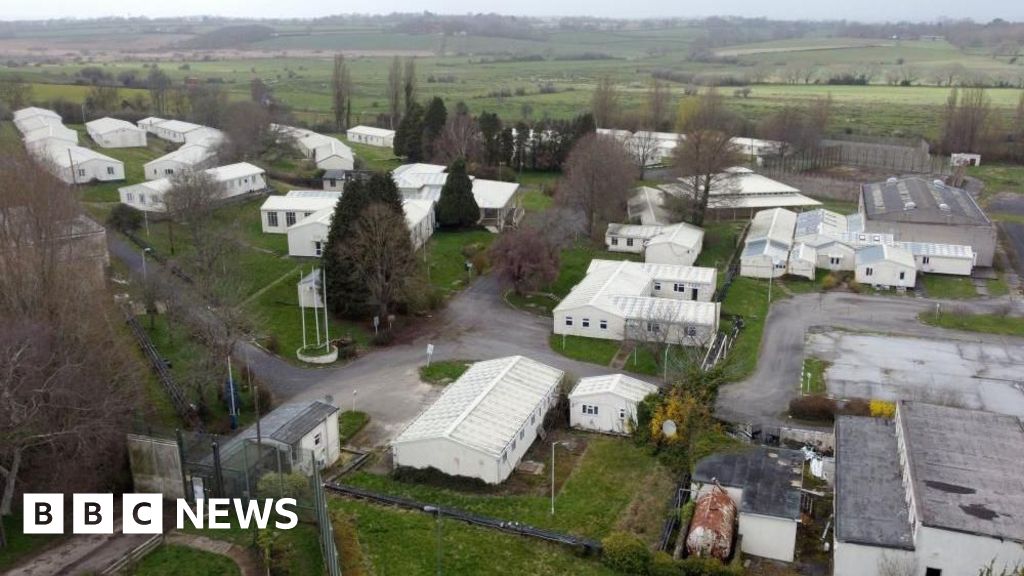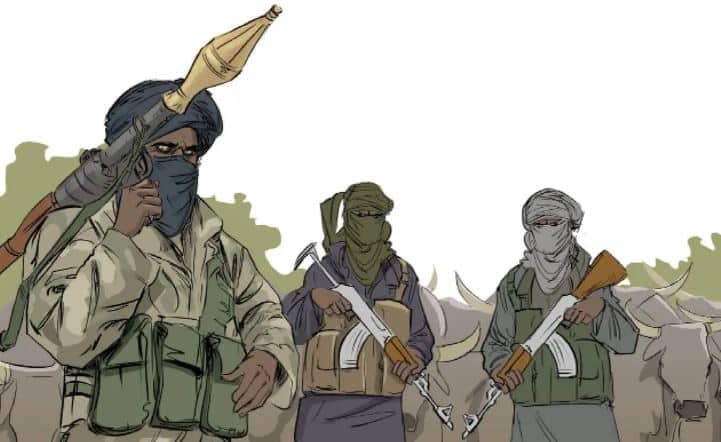The discussion is still on the Garden from which Adam and wife were expelled. We asked a question in series number 15: Was this garden the Garden of Paradise we hope to enter in the next life, or was it another garden situated somewhere on Earth? We shall continue from there today.
Some scholars said it was not Paradise. It was another garden that Allah prepared for the purpose because Paradise is described by Allah as the garden of eternity. Whoever enters it shall never be removed from it. And since Adam was later removed from the garden, it was a different place entirely. In Paradise, everything is lawful. There is no sin in al-Jannah. We read that Adam sinned in the garden. In Paradise, there are no instructions, no dos or don’ts, but Adam was told what he could and should not do in the garden. Therefore, according to these scholars, we are not talking about one and the same place. Adam was put in a different garden, somewhere on earth, for his trial and not the Garden of Paradise.
Allah knows best which garden it was. What is important is turning our attention to the lessons we are taught in the narrative. Don’t come near this tree because coming will make it more tempting and irresistible to eat it and do what is forbidden. Just like Allah’s commandment on adultery – don’t come near adultery. He said, for coming near, gazing, speaking, admiring before you realise it lust comes in, and you touch, the remaining, as they say, is, or will be history. So, don’t come even near.
Don’t come near this tree. What tree? Apple tree, as some of them claimed, or what was the tree? The Qur’an is silent on the nature of the tree. Why should we start searching for what was not disclosed by Allah?
Was the warning to Adam confined to a particular tree or all of the same kind? If the warning was not approaching a particular tree, Adam forgot and ate of that tree.
Don’t come near this tree, but Adam forgot.
- And verily We made a covenant of old with Adam, but he forgot, and We found no constancy in him. (Taahaa)
If the warning affected a tree and all of its kind, then Adam misinterpreted the import of that restriction and ate the tree.
And when His Lord warned him against this tree, He said stay away from it, or you will be among the wrongdoers. Placing anything in the wrong place is Zulm. Joining partners with Allah, Shirk, is Zulm.
- And (remember) when Luqman said unto his son, when he was exhorting him: O my dear son! Ascribe no partners unto Allah. Lo! to ascribe partners (unto Him) is a tremendous wrong. (Lukmaan)
“…or you will be among the Zalimun, therefore, means you will be among those who wrong themselves with sin because sinning reduces your share of Allah’s bounties.
From the beginning, Adam was not destined to live in Paradise for eternity, even when we go with the scholars who said Adam and his wife were placed in Paradise and not a garden somewhere on Earth. As we mentioned earlier, there will be no prohibitions in Paradise. Since this prohibition was made, that stay has been placed as temporal because dos and don’ts are incongruous with the real nature of life in Paradise.
Allah created Adam with His hands, put him in Paradise and gave him unhindered access to everything therein. He kept walking, bewildered, around Paradise. On his first night in Paradise, Adam slept. When he woke up, he found a woman by his side.
“Who are you?” He asked.
“I’m Hauwa.” She answered. ‘I’m created for you as your place of dwelling.” She added.
It was said that he felt no pain when Hauwa was created from Adam’s left rib. If he had felt the slightest discomfort, a man would have never shown compassion to his wife until the Day of Judgement. But Allah, in His eternal mercy, removed the slightest sensation from Adam during the exercise.
The angels came asking Adam: “Who is this?”
He said: “A woman.”
“What’s her name?”
“Hauwa.” He answered
“Why is she described as a woman?” The angels asked
So, private lessons between Adam and the angels continued even in Paradise. Adam named her Hauwa. Allah taught him the names of all things.
- And of His signs is this: He created for you helpmeets from yourselves that ye might find rest in them, and He ordained between you love and mercy. Lo, herein indeed are portents for folk who reflect.(Ar-Rum)
“…that ye might find rest in them…” If Allah willed, He could have made Adam multiply by himself without having to procreate through a wife. But out of His Grace, Allah created for him Hauwa. And to all of us, He made our wives so we can be in absolute peace and rest with them. He has put love and mercy between our hearts.
The reality of the creation of Hauwa from the ribs of Adam was further explained by the Messenger of Allah, sallallaahu alayhi wa sallam, that we should consort with our wives with the knowledge that they were created from tribes, that the most crooked part of a rib is its tip; that we should enjoy ourselves with them in their crookedness and not to attempt to straighten the rib, otherwise it will break, resulting in divorce.
Abu Huraira reported God’s Messenger as saying, “Act kindly toward women, for they were created from a rib, and the most crooked part of a rib is its top. If you attempt to straighten it, you will break it, and if you leave it alone, it will remain crooked, so act kindly towards women.”
(Bukhari and Muslim.)
He, sallallaahu alayhi wa sallam, also enjoined us to live with our wives honourably, that we should always remember that they are made lawful to us through marriage and the pronouncement of Allah’s words. We are not allowed to beat them on their faces, abuse or even direct any foul language at them.
Abu Hurairah (May Allah be pleased with him) reported: Messenger of Allah (Sallallaahu alayhi wa sallam) said: “Take my advice concerning women: Act kindly towards women, for they were created from a rib, and the most crooked part of a rib is its uppermost. If you attempt to straighten it; you will break it, and if you leave it alone it will remain crooked; so act kindly toward women”. [Al-Bukhari and Muslim].In another narration of Al-Bukhari and Muslim, the Messenger of Allah (Sallallaahu alayhi wa sallam) said: “A woman is like a rib, if you attempt to straighten it, you will break it; and if you benefit from her, you will do so while crookedness remains in her”.In another narration of Muslim, the Messenger of Allah (Sallallaahu alayhi wa sallam) said: ‘Woman has been created from a rib and will in no way be straightened for you; so if you want to benefit from her, you will benefit from her while crookedness remains in her. If you attempt to straighten her, you will break her, which is divorcing her”.
Riyad as-Salihin 273
Sulaiman bin Amr bin Al-Ahwas said: “My father narrated to me that he witnessed the farewell Hajj with the Messenger of Allah. So he thanked and praised Allah, and he reminded and gave admonition. He mentioned a story in his narration, and he (the Prophet) said: “And indeed I order you to be good to the women, for they are but captives with you over whom you have no power than that, except if they come with manifest Fahishah (evil behaviour). If they do that, then abandon their beds and beat them with a beating that is not harmful. And if they obey you, then you have no cause against them. Indeed, you have rights over your women, and your women have rights over you. As for your rights over your women, they must not allow anyone you dislike to treat on your bedding (furniture), nor to admit anyone in your home that you dislike. And their rights over you are that you treat them well in clothing them and feeding them.”
Jami` at-Tirmidhi 1163

 4 months ago
19
4 months ago
19















 English (US) ·
English (US) ·